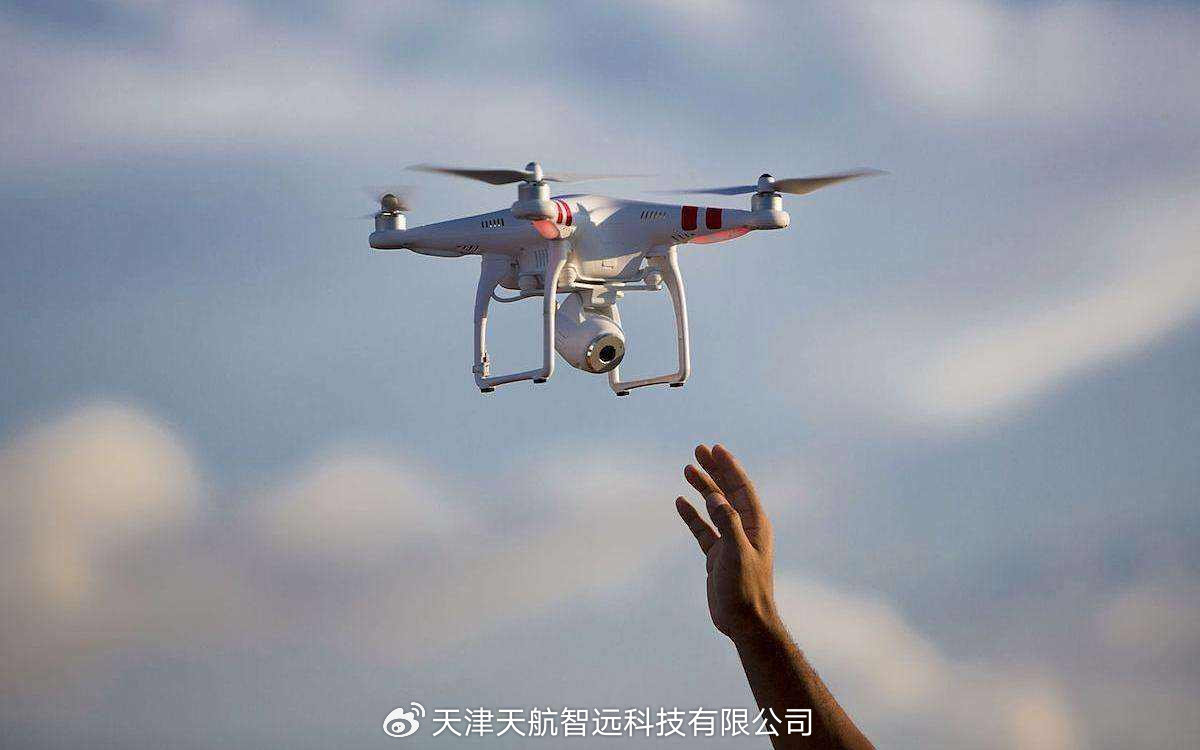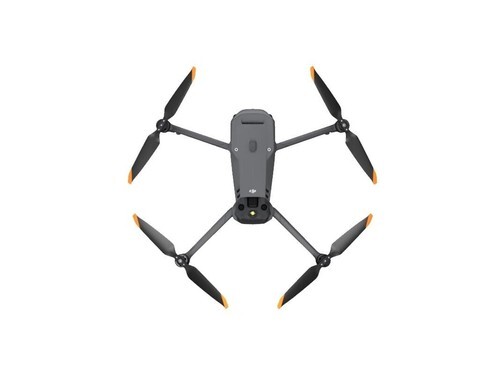 various fields.
various fields.
Flight Capabilities and Features
 RC drones come equipped with an array of features that enhance flight experience and photographic results. The inclusion of GPS capabilities in many models ensures stable flight patterns, allowing for precise hovering and movement. Advanced models also incorporate obstacle detection systems, providing safety and reducing crash risks. An integral part of the drone is the camera; the quality of which significantly impacts aerial imagery. High-resolution cameras enable stunning visuals, capturing details that are not accessible through traditional photography methods. With features such as panoramic shots and adjustable angles, drones cater to creative minds looking to expand their photographic achievements.
RC drones come equipped with an array of features that enhance flight experience and photographic results. The inclusion of GPS capabilities in many models ensures stable flight patterns, allowing for precise hovering and movement. Advanced models also incorporate obstacle detection systems, providing safety and reducing crash risks. An integral part of the drone is the camera; the quality of which significantly impacts aerial imagery. High-resolution cameras enable stunning visuals, capturing details that are not accessible through traditional photography methods. With features such as panoramic shots and adjustable angles, drones cater to creative minds looking to expand their photographic achievements.
Endless Opportunities with RC Drones
The impact of RC drones extends beyond photography; they are becoming prominent in entertainment, drone racing being one of the fastest-growing sports. This exhilarating activity offers seen through FPV (First-Person View) goggles, providing a pilot’s perspective from the drone itself. Racing circuits are crafted to challenge participants, testing their navigational skills and drone capabilities.
Educational
purposes of RC drones should not be underestimated. Many institutions integrate drones into their curriculum, fostering skills in programming and robotics. Students learn about aerodynamics, circuitry, and data analysis through hands-on experience, preparing them for innovative fields in technology and engineering.
Commercial Uses and Industry Impact
Apart from the entertainment and educational spheres, RC drones are marking their territory in various industries, including agriculture, real estate, and logistics. Farmers utilize drones for crop monitoring, ensuring effective resource allocation and sustainable practices. In real estate, drones provide a comprehensive view of properties, enhancing marketing strategies and attracting potential buyers with dynamic visuals. Logistics companies are on the brink of transformation with drones capable of swift and efficient delivery services, potentially revolutionizing the supply chain and retail industries.
The Future of RC Drones
Looking forward, the capabilities of RC drones are bound to multiply. The advent of Artificial Intelligence in drone technology presents fascinating prospects. AI integration will facilitate increased autonomy and decision-making capabilities, allowing drones to perform complex tasks independently. Improved battery life and charging solutions will extend operational duration, and advancements in materials will make drones lighter and faster. Innovation in drone technology promises to deliver even greater accuracy and utility, enhancing their contribution across multiple sectors.
Frequently Asked Questions
- Q: How long can an RC drone fly on a single charge?
A: Flight duration varies depending on the model, but most RC drones can fly for approximately 20 to 30 minutes on a full battery. - Q: Do I need a license to fly an RC drone?
A: Depending on the country, you may need a license or permit for drones above a certain weight or for commercial use. Always check local regulations. - Q: Are RC drones waterproof?
A: Not all RC drones are waterproof. However, there are models available designed to withstand water exposure, perfect for capturing images over water bodies.